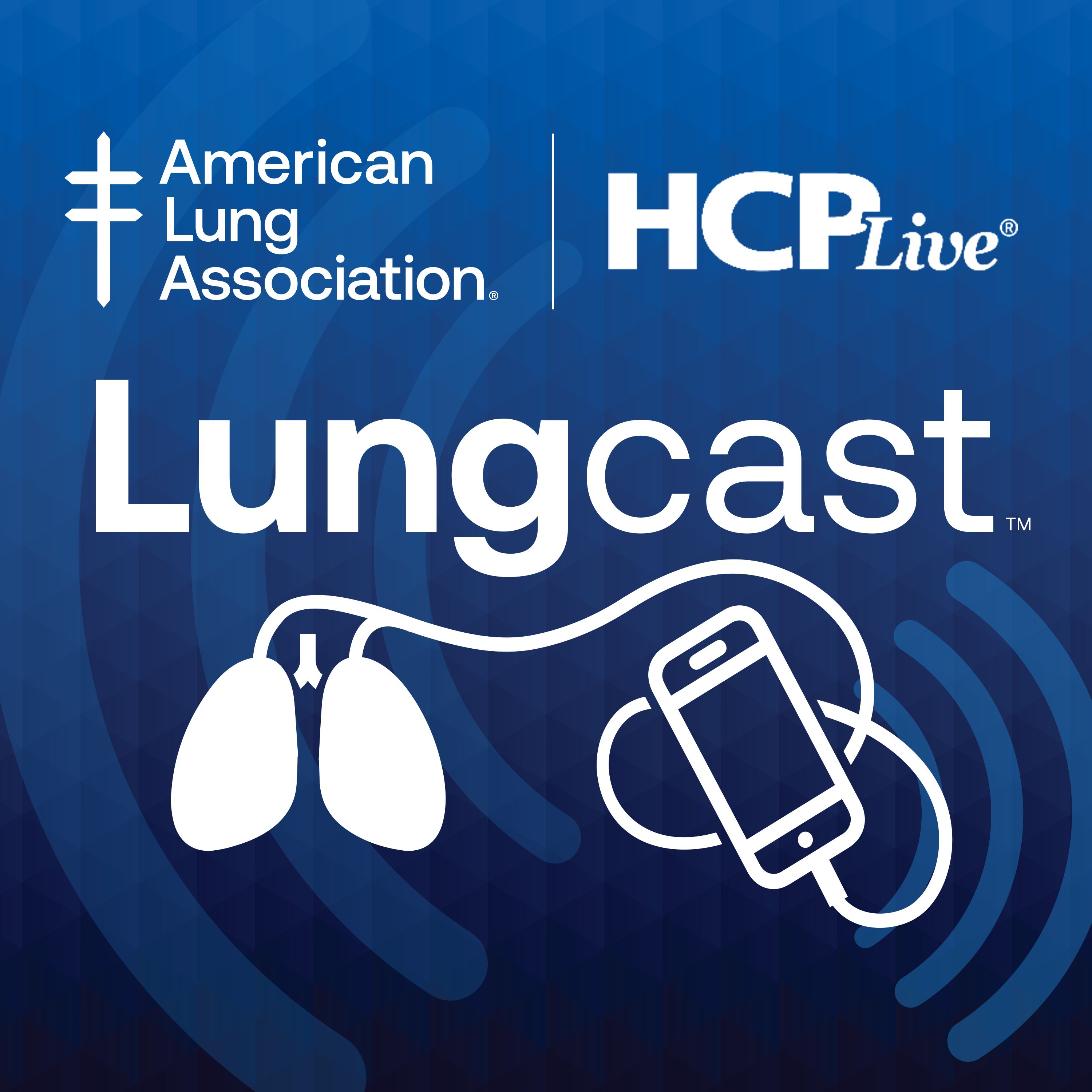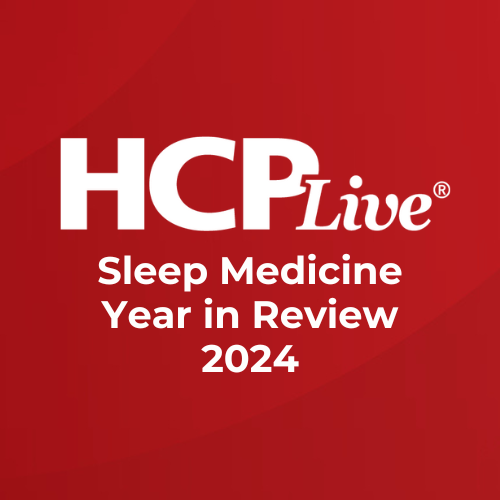Article
The Association Between Insomnia and Abnormal Anxiety, Depression Scores
Author(s):
According to recent research, there’s no association between insomnia and vitamin D deficiency, although, insomnia did correlate with abnormal anxiety and depression scores among university students.
Mohammad Alkhatatbeh, PhD

According to recent research, there’s no association between insomnia and vitamin D deficiency, which has been believed to be related to anxiety, depression, and musculoskeletal pain. However, insomnia did correlate with abnormal anxiety and depression scores among university students.
Mohammad J. Alkhatatbeh, PhD, Department of Clinical Pharmacy, Jordan University of Science and Technology, and a team of investigators aimed to examine the relationships between vitamin D deficiency and low dietary calcium intake, alongside the comorbidity of insomnia, anxiety, depression, and musculoskeletal pain.
The study cited previous research that supported vitamin D supplementation for the improvement of sleep quality in those with sleep disorders, musculoskeletal pain, and psychological symptoms. The team hypothesized that a decrease in serum vitamin D and calcium intake could be linked to an increased risk of musculoskeletal pain, depression, anxiety and therefore insomnia.
Relating Depression, Anxiety, Vitamin D and Calcium Intake
The case-control study included 95 university students with insomnia and 95 controls that were matched for age and gender. Investigators utilized the Insomnia Severity Index (ISI) in order to assess insomnia. For anxiety and depression assessments, the Hospital Anxiety and Depression Scale (HADS) was used.
Electrochemiluminescence immunoassay was implemented for the measurement of serum 25-hydroxyvitamin D, while Calcium intake and musculoskeletal pain were self-reported by individuals.
Demographic data collected from the students included age, smoking, college, academic level and regular exercise via self-report. Those from medical colleges were recruited from medicine, dentistry, pharmacy, nursing, and applied medical sciences specializations. The non-medical students were recruited from agriculture, engineering, information technology, sciences, and architecture specializations.
The Predictors of Insomnia
Results revealed that 84.2% of participating students reported vitamin D deficiency, and that there was no difference between the 2 groups. In the case group of students with insomnia, abnormal anxiety and depression scores were more prevalent (60%, 40%, respectively) when compared with the control group (11.6%, 9%).
Similarly, musculoskeletal pain was more frequent among students with insomnia compared with controls (69.5% vs. 34.7%), and musculoskeletal pain measures also displayed a correlation with anxiety.
Insomnia, as interpreted by ISI scores, was linked to anxiety, depression, and measures of musculoskeletal pain. Conversely, these scores indicated a negative correlation with calcium intake, leading investigators to conclude that abnormal anxiety and depression scores served as significant predictors for insomnia.
“Insomnia was not associated with vitamin D deficiency itself, but it was associated with abnormal scores of anxiety and depression and correlated with measures of musculoskeletal pain, which are possible symptoms of vitamin D deficiency,” they wrote. “Further studies are required to investigate if vitamin D supplementation and increasing dietary calcium intake can improve insomnia among university students’ population.”
The study, “Insomnia is not Associated with Vitamin D Deficiency but is Associated with Abnormal Anxiety and Depression scores in University Students from Jordan” was published in Scientific Literature Nutrition and Metabolism.





